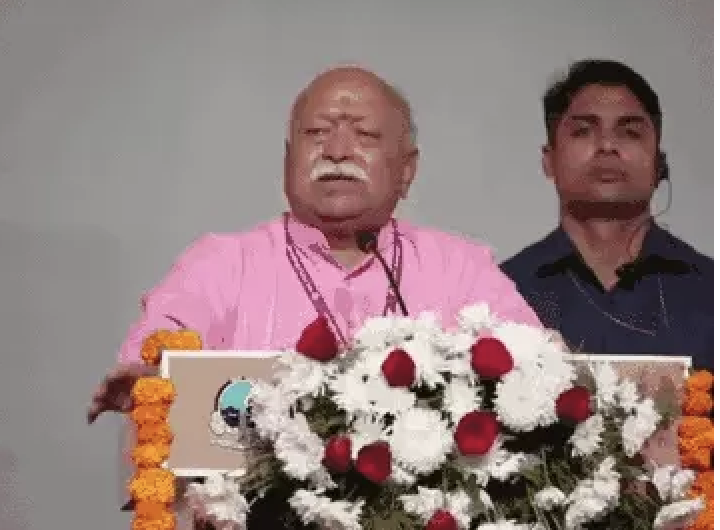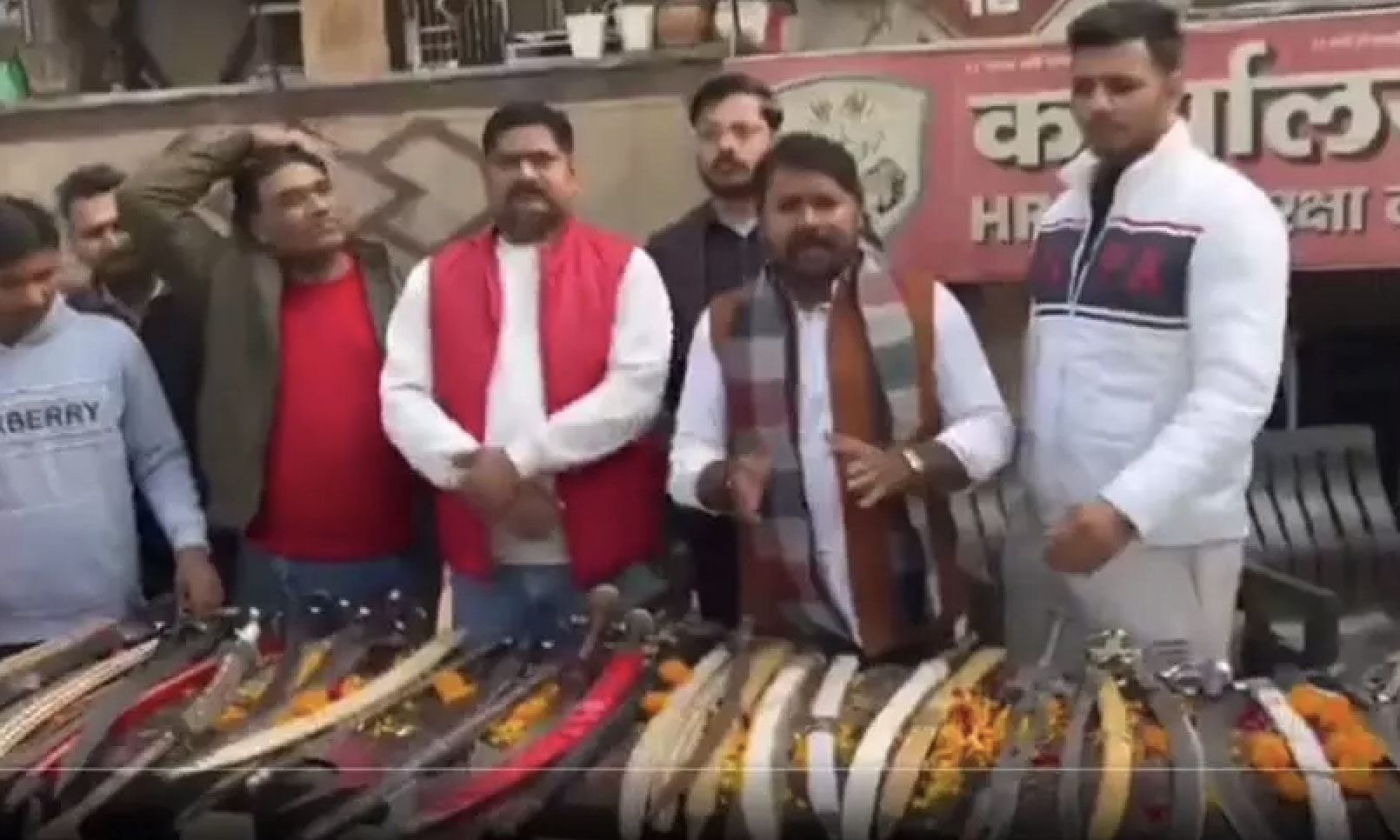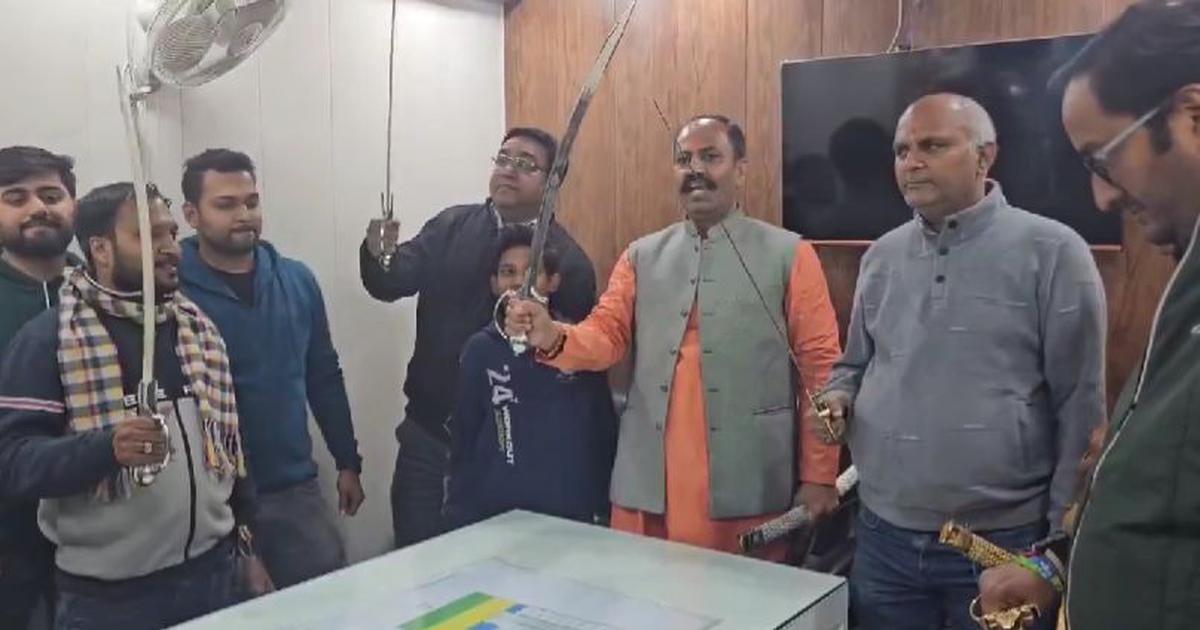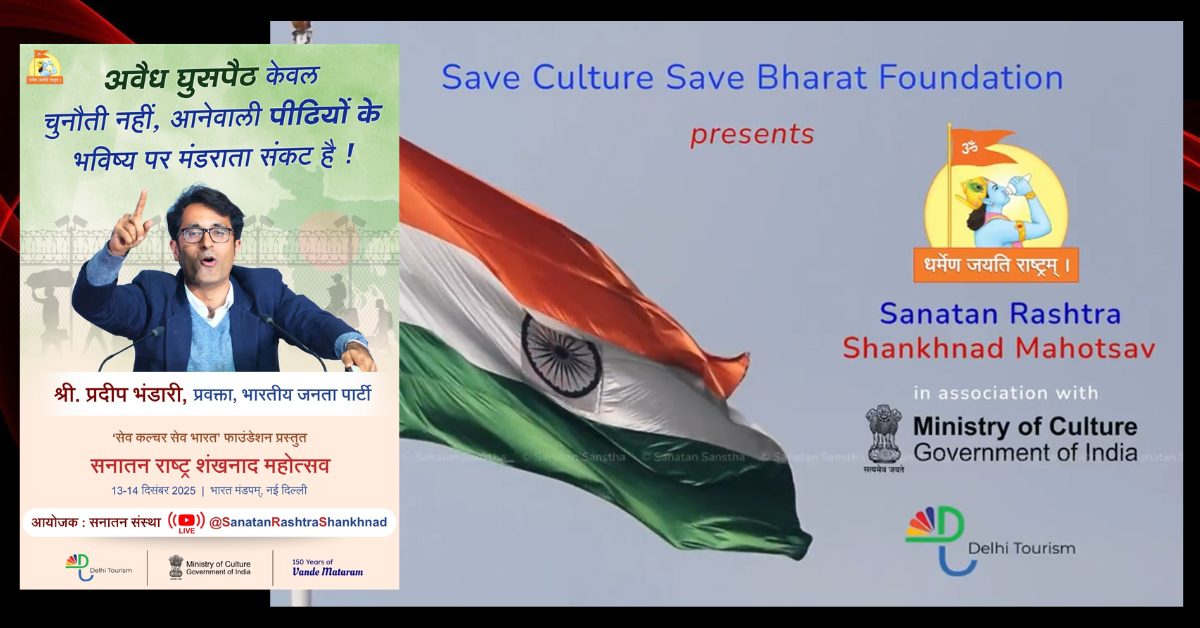BY SOMDEEP SEN
The Indian political mainstream views any reference to Kashmiri rights and aspirations, whether spoken or written, as a manifestation of “fundamentalism,” “radicalism,” or (Pakistani-inspired) “terrorism.” The hard-right, Hindu nationalist government of Narendra Modi has carried this vilification of Kashmiris to new heights.
A History of Repression
The record of the Indian state’s repressive ways in Kashmir is extensive and well documented, going back decades before Narendra Modi’s rise to power. In 1993, Human Rights Watch (HRW) published a report titled “Rape in Kashmir: A Crime of War.” It showed that the Indian security forces routinely targeted civilians in the course of their efforts to quell the Kashmiri independence struggle, with rape used as a tool of counterinsurgency.
The report concluded that the security forces were “attempting to punish and humiliate the entire community” through systematic sexual violence against women. Another HRW report published the same year documented the routine torture of Kashmiri detainees as well as harassment and assault of health workers who were providing care. According to the report’s authors, the Indian authorities even “prevented ambulance drivers from transporting injured persons to hospitals for emergency care.”
The impunity with which the Indian armed forces have operated in the Kashmir Valley receives legal sanction from the Armed Forces (Special Powers) Act. This piece of legislation gives them emergency powers to maintain public order in so-called disturbed areas — all of which, civil society organizations argue, violate international human rights law.
There is ample evidence of this. Along with the acknowledged civilian death toll, there is the practice of enforced disappearances of Kashmiri men. Human rights activists estimated that between eight thousand and ten thousand people were “disappeared” between 1988 and 2007, approximately 60 percent of whom were civilians. People refer to the wives of the disappeared, who have often been missing for decades without being officially declared dead, as “half widows.”
There have also been several discoveries of unmarked mass graves in Kashmir. Eyewitnesses claim that those graves were dug under instruction from the Indian security forces, and that they contain the bodies of the missing Kashmiri men…
This story was originally published in jacobin.com. Read the full story here






